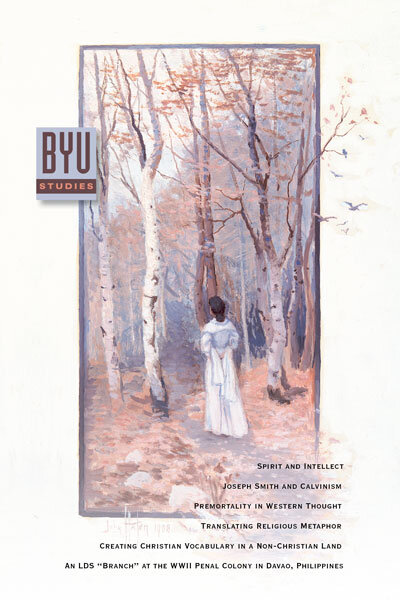Confessing History
Explorations in Christian Faith and the Historian’s Perspective
Book Notice
-
By
Rachel Cope,
Confessing History: Explorations in Christian Faith and the Historian’s Perspective, edited by John Fea, Jay Green, and Eric Miller (Notre Dame: University of Notre Dame Press, 2010).
George Marsden’s 1994 book The Soul of the American University ended rather unusually for an academic work—this well-respected historian suggested that religious faith should have a place in the academy. Such a bold assertion sparked a number of heated discussions within and without the intellectual world. Three years later, Marsden responded again to his critics by producing a volume that explored this topic, which he aptly titled The Outrageous Idea of Christian Scholarship. As a result of this book, additional conversations ensued in which Christian and non-Christian scholars grappled with Marsden’s proposition. More recently, the contributors to the edited volume Confessing History: Explorations in Christian Faith and the Historian’s Perspective have added to the ongoing discussion about religion’s role in the historical profession and have assessed the relationship between faith and learning in today’s academy.
Like their predecessors, the predominantly young scholars contributing to this volume are broaching and responding to the same important topics, and yet they are also attempting to build upon and transcend prior works. While Marsden and others have proposed that faith commitments inspire Christian questions that result in “Christian interpretive insights,” the scholars whose essays are included in this text are attempting to explore what has remained unanswered: how? How might the historical profession affect those committed to Christ? In what ways does the idea of calling come into play? Indeed, how does a Christian’s faith influence how she approaches her calling as a historian? And how might a disciple’s responsibilities shape how he works in and responds to his professional objectives and settings? Does being Christian determine how a person writes, teaches, advises and speaks? Or should the two be mutually exclusive, as those looking through a more secular lens have suggested?
Although written by a group of scholars who share common values, their theological and professional perspectives are diverse. The book is divided into three sections that examine the concerns, experiences, questions, and desires of a new generation of Christian historians: Identity (How do we define ourselves in a world that seems to require dualism?); Theory and Method (How can we approach our work from lenses of intellect and faith?); and Communities (How do we teach from both a secular and a spiritual perspective, and how might we contribute to both our career and our church simultaneously?). Woven throughout each chapter are suggestions about how believing historians might work within the intellectual expectations of the field, as well as an acknowledgment of the challenges that will be faced as they attempt to do so.
Although edited and written by Evangelical scholars who are grappling with their own theologies in a professional context, this book will resonate with any scholar of faith. Quite simply, the questions posed and the challenges addressed are relevant, indeed, thought provoking; the authors challenge readers to consider how they might take their callings as Christian historians more seriously than the training they received to become secular historians. Therefore, they encourage readers to think differently than graduate school trained them to think, while also acknowledging how difficult it is to make this transition. For those who study Latter-day Saint history and other related topics, this book may ring particularly familiar and should become a springboard into similar conversations of their own.
Notes
- Joseph Smith Encounters Calvinism
- Coming to Terms: The Challenge of Creating Christian Vocabulary in a Non-Christian Land
- Religious Metaphor and Cross-Cultural Communication: Transforming National and International Identities
- The Spirit and the Intellect: Lessons in Humility
- The Fate of the Davao Penal Colony #502 “Branch” of the LDS Church, 1944
Articles
- When Souls Had Wings: Pre-mortal Existence in Western Thought
- Now You See It, Now You Don’t: Biblical Perspectives on the Relationship between Magic and Religion
- Quotidiana
Reviews
- Confessing History: Explorations in Christian Faith and the Historian’s Perspective
- The Book of Moses
Book Notices
Purchase this Issue
Share This Article With Someone
Share This Article With Someone


